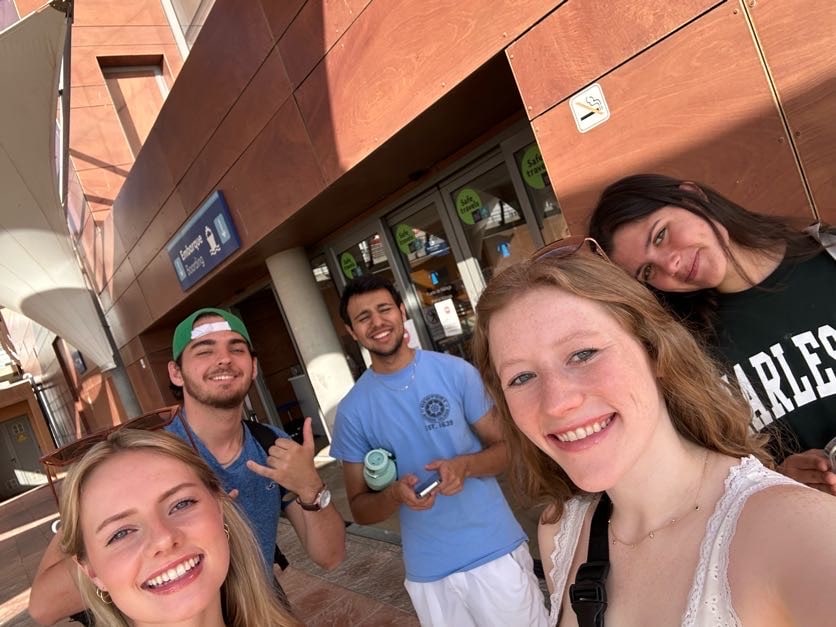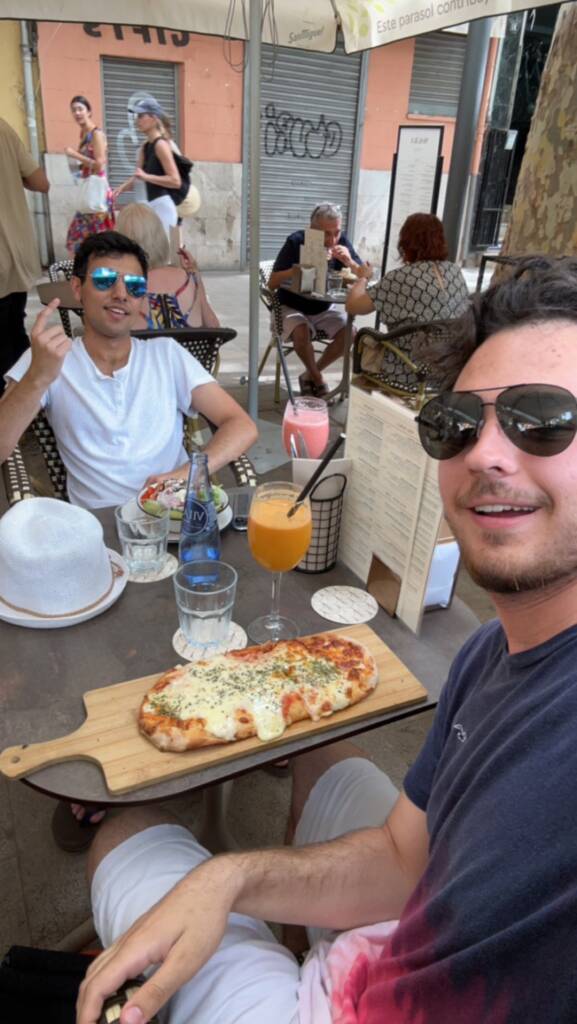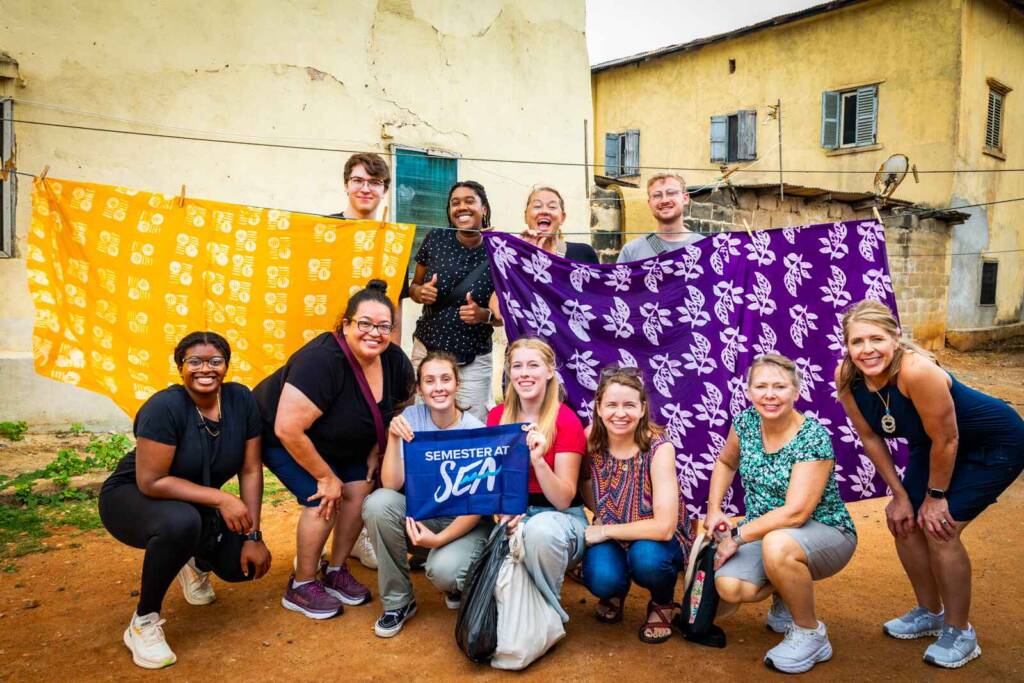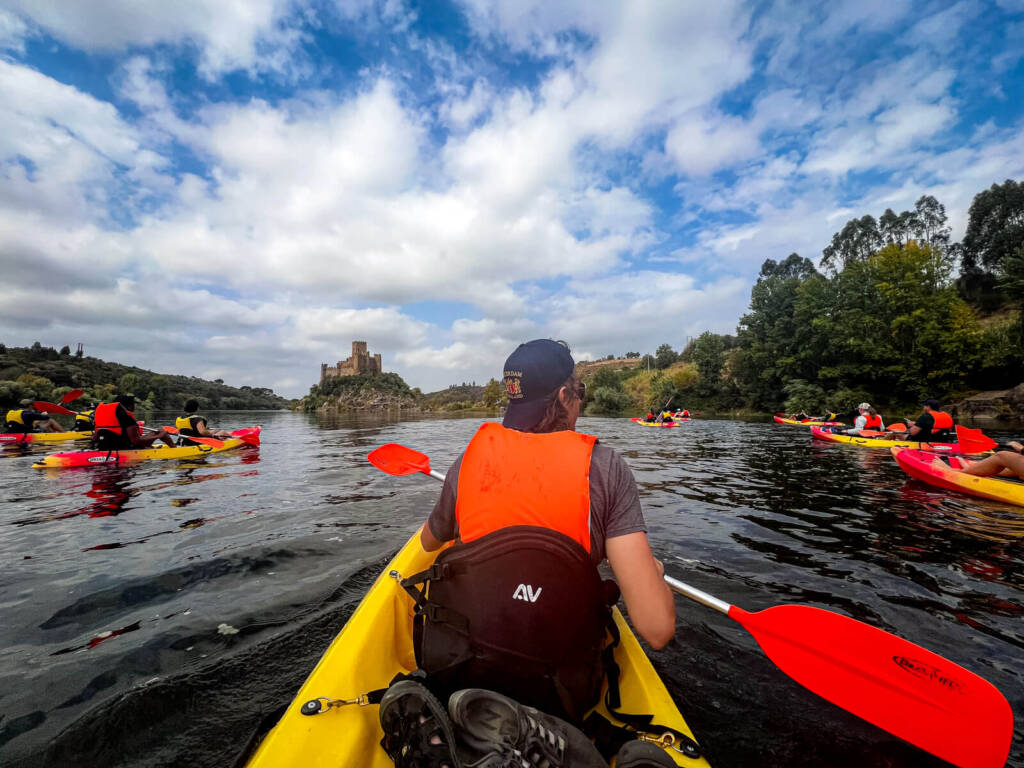Traveling aboard the MV World Odyssey helps us become true voyagers rather than just tourists. The difference between the two is important and takes intentional awareness and effort in how we approach our travel experience.
While in-country, a tourist might look for comfortable, commercialized activities such as only spending their time on a beach or resort. Being a tourist isn’t wrong, it just limits the opportunities and cultural experiences unique to each port, offering only a surface-level experience that could be available in almost any destination. At that point, why bother traveling so far?
A voyager is a more informed traveler. A voyager doesn’t have to blatantly avoid the commercialized activities available, but they do make an effort to understand what makes the destination special. They become educated, learning about the history and culture of a place before they set foot in it. They prepare to make conscious decisions that may change their actions as, oftentimes, things that may seem normal back home can have a different impact on the local way of life. They look for unique adventures, ones that can’t be simply purchased as a vacation package.

Much of our experience onboard the MV World Odyssey is preparing us to travel as voyagers. For example, in our Global Studies course, we are taught about the environmental context of the region we are heading to, helping us better understand why a port and surrounding country look the way they do. In this same class, we are also introduced to historical and political events, informing us of the past while understanding the impact on the present and future of the country.
Most impactful to me, however, is Semester at Sea’s emphasis on understanding the local culture and teaching us helpful information during our pre-port session. Simply understanding how to say “hello” and “goodbye” in the local language can be a way to connect with others and demonstrate an effort to understand the local culture in each port.

So far, my favorite in-port experience has been learning about local life with serving staff at restaurants or from new friends I’ve met on the street. While staying in Porto, Portugal, my friends and I observed a tradition taking place at the local university when approximately 200 students were standing in black, gothic clothing in a circle at midnight. Curious about what we observed, I asked my taxi driver to the airport if he knew anything about the ceremony. He was delighted to share about it and explained it is a yearly tradition to welcome the new class of freshmen. They are all cloaked together to represent a united front, to strip themselves of individuality. It’s done to physically hide any jewelry or expensive clothing and mask their social and economic status, demonstrating that the students all enter the university as equals. Then, as the conversation blossomed, we discussed Portuguese soccer, his family and son, and his early memories growing up in Porto.
While traveling as a voyager, connecting with the local people across 10+ diverse cultures is a significant part of what makes the Semester at Sea so special. It offers voyagers a truly unique experience to understand and compare perspectives and ways of life different than our own.
As I travel, I am dedicated to continuing to learn and grow as a voyager and not as a tourist, a mindset that will stay with me throughout this voyage and for years to come.
Learn more about Semester at Sea’s commitment to cultivating global citizenship through our voyages.

About the Author: Ryan Cody is our Fall 2023 Global Journalism Fellow. Ryan is from Chandler, Arizona, and is starting his sophomore year at William & Mary where he is studying Applied Physics and Philosophy. He is currently the associate sports editor for William and Mary’s student newspaper, The Flat Hat News.



